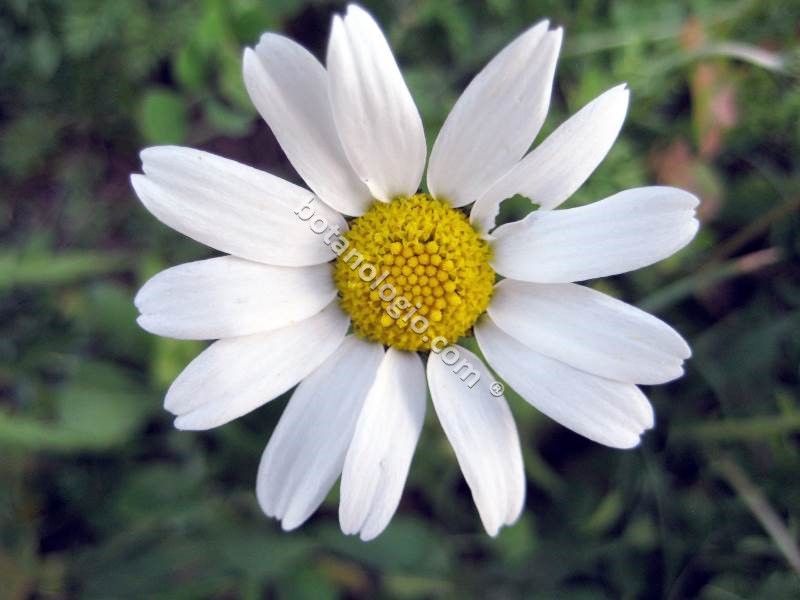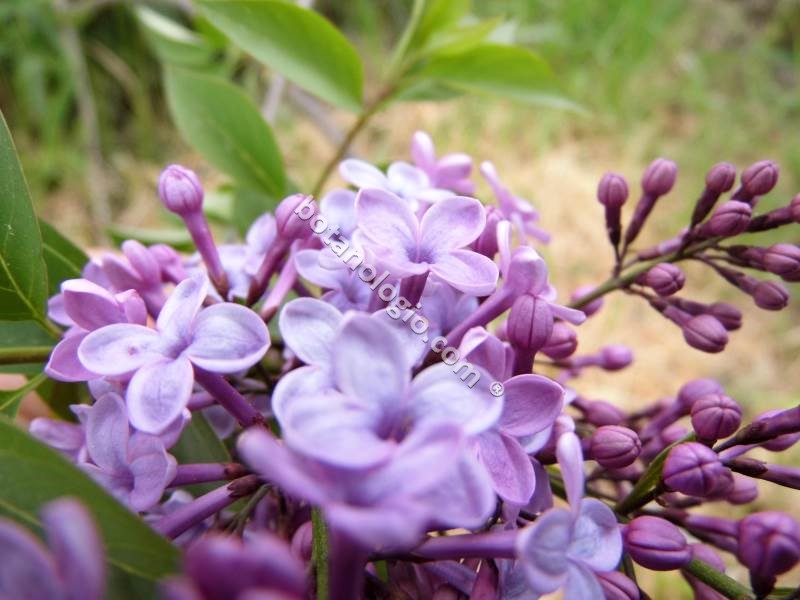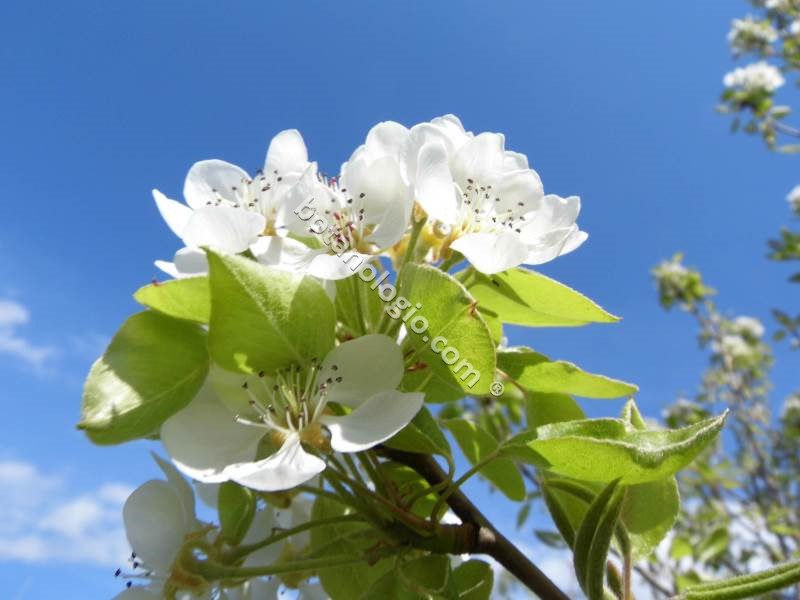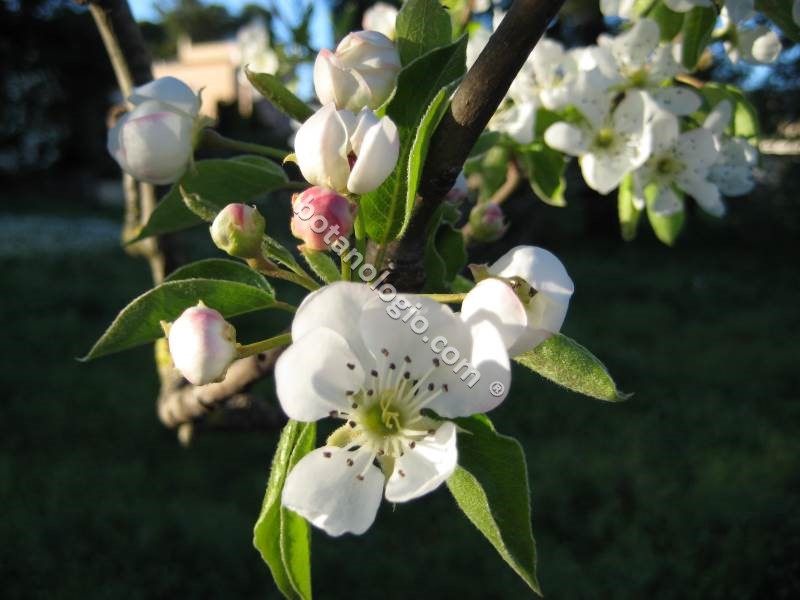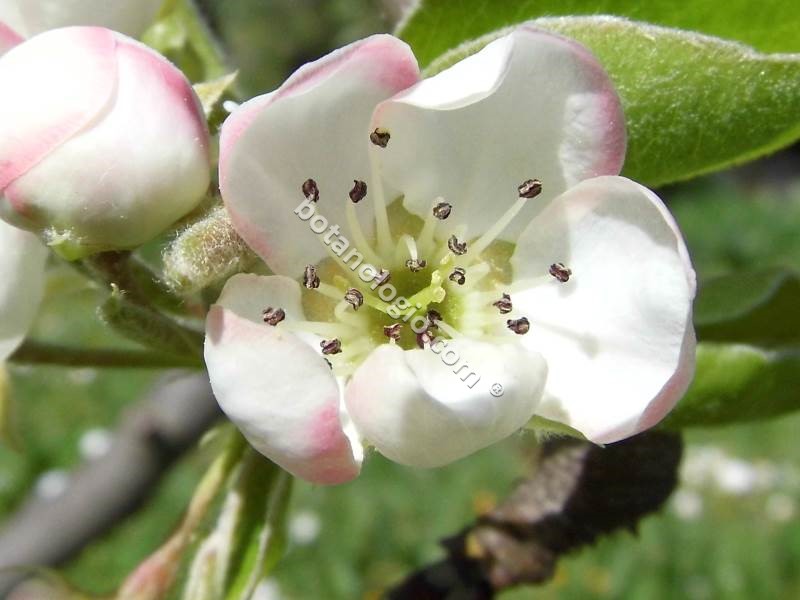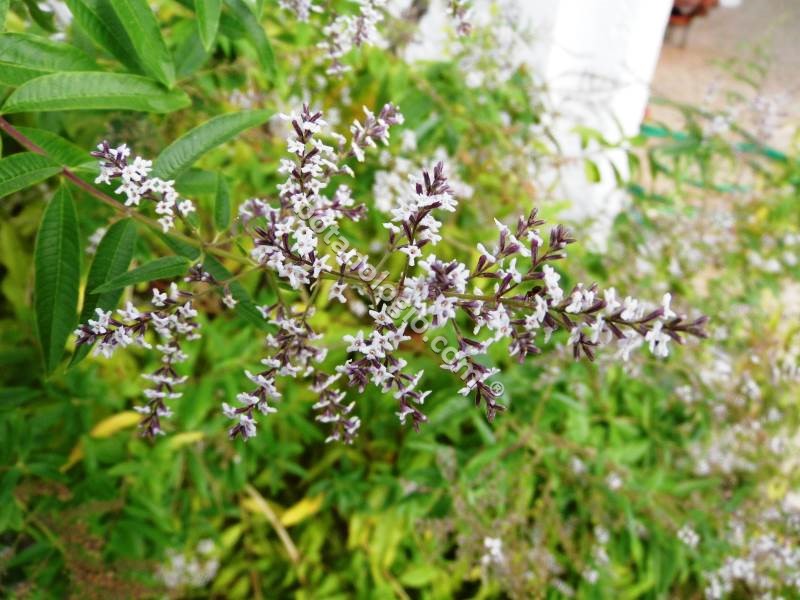Herbs against depression

Among the dozens of healing properties hidden in herbs and plants, belong those that affect the psychological and spiritual level. There are many herbs that we use to change our mood, stimulate memory and promote spiritual concentration.
Some herbs, despite their ability to provide relaxation, do not have a strong effect. Some others have side effects that prohibit regular use, some are simply not compatible with your body. For this very reason, we will mention a wide range of herbs that offer relaxation and calm to the body. The combinations of herbs enrich the taste and aroma, while at the same time they do not allow the body to get used to the effect of a single herb.
We start with angelica, a plant whose essential oil acts against melancholy and sadness. The use of its oil in an aromatherapy device, offers relaxation and its aroma gives a tone of optimism.
Valerian is already known for its sedative, anxiolytic and antidepressant properties. Soothes the nervous system, while it is widely used in cases of severe insomnia. In cases of hypertension and chronic migraine, it has very good natural results. It can be used either in an aromatherapy device, although its essential oil is hard to find, or as a decoction of its root, which includes its beneficial properties.
Another relaxing and anti-depressant herb is St. John’s wort, a plant whose flowers contain its most beneficial properties. Its main use is after extraction in oil, the well-known St. John’s wort oil, which is beneficial in abrasions, mainly in musculoskeletal problems. But in addition to its analgesic properties, it offers mental clarity and enhances mental function. It has strong antidepressant properties in cases of mild depression, depression during menopause and is a mild natural sedative. In cases of neuralgia and irritability, it calms down and works soothingly. Stimulates mental function and fights insomnia.
Basil, an herb found in most households, helps with poor memory and fights stress. In cases of nervousness, it calms and relaxes the nervous system. It is a natural antidepressant and offers restful sleep. It can be used in food, as an infusion, in an aromatherapy device but also in massage oil.
Jasmine, a climbing plant that blooms during the summer, offers a sweet aroma and is particularly beneficial for the psychology. Its use is limited to the essential oil derived from its flowers. The use of the essential oil in an aromatherapy device but also in a massage oil, offers sweet calm and relaxation, while in combination with the use of a decoction against depression, it contributes significantly to its treatment and gives a sense of optimism. The essential oil can be successfully mixed with the essential oils of valerian, vanilla, rosemary and rose.
Although not widely used, licorice is another plant that helps treat depression. It stimulates the spiritual balance and acts effectively against depression.
Rosemary, both as an infusion and its essential oil, is highly tonic for mental function and the nervous system. It rejuvenates and effectively treats mental fatigue and concentration problems. Rosemary is ideal for treating problems directly related to depression.
Thyme is an herb that is widely used in cooking and has been recognized as healing since ancient times. It stimulates the nervous system and offers mental clarity. Its essential oil and its infusion, acts as an anxiolytic and fights mental fatigue.
Also a beneficial herb is lavender, which has very good sedative properties and offers restful sleep in cases of insomnia. Its aroma works beneficially in cases of melancholy and mild depression. Its soothing action makes it ideal for treating irritation and hypertension and it is a great anxiolytic.
Hops act as a natural muscle relaxant while at the same time it is considered very effective in fighting insomnia, intense stress, overexertion and irritability. Its calming properties affect the nervous system, as a result of which they offer relaxation and restful sleep and it is particularly effective in treating cases of mild and moderate depression.
Lemon balm, which belongs to the same family as mint and peppermint, has mild antidepressant properties. Its calming effects help reduce stress and fight insomnia.
A plant that is not yet widespread for its beneficial properties, is maca. It is the root of a plant that thrives in Peru and has, among other things, anti-depressant action, reduction of stress and combats side effects during menopause.
A tree that we encounter in daily basis in Greece, the pine, has very good calming properties. It can not be made into a decoction or infusion, but its use in baths and its essential oil in an aromatherapy device and massage oil have very good sedative and antidepressant effects.
Passionflower is also an herb that has a beneficial effect on depression due to its sedative properties. It lifts the mood in cases of melancholy or sadness and acts against stress. The use of passionflower is also indicated for the treatment of insomnia.
Bergamot, whose essential oil has a strong citrus aroma, is a natural antidepressant that refreshes the spirit and reduces spiritual and psychological tension. Its aroma gives a tone of optimism and lifts the mood.
The patchouli is also recommended for use in an aromatherapy device in cases of mild depression, emotional fatigue and nervousness. Its fragrance fights mental exhaustion and intense stress.
Another herb that we prefer in infusion, is green tea. It stimulates the spiritual function, it is considered to help in cases of depression and emotional exhaustion but it is not scientifically proven, despite the healing properties it offers on a spiritual and physical level.
The saffron (even better the Kozani saffron), is another natural antidepressant that fights stress and enhances memory. The use of saffron in cooking but also raw, helps to treat mild forms of depression and melancholy.
Linden is also a mild antidepressant and sedative herb which is pleasant as an infusion.
A beautiful flower that we all know, but ignore its healing properties, is the rose. Whether in essential oil or infusion, the pleasant aroma that emerges offers relief from the negative emotions associated with depression, such as melancholy, sadness and misery.
Dandelion, an herb that has many healing properties, including anti-depressant. Offers a sense of well-being and spiritual clarity. Its antidepressant effect is mild, so it should be combined with another herb.
The famous Chinese ginseng root is believed to stimulate mental function and is widely used to treat depression and its symptoms. Relieves stress and stimulates the nervous system.
Another herb with many healing properties is sage. It calms the nerves, stimulates the memory and is a natural antidepressant, both as an infusion and with the use of its essential oil.
Chamomile, like linden, is a natural sedative and antidepressant herb. Fights nervousness and insomnia and offers relaxation.
The use of the above herbs can be done either by drinking them as infusions or decoctions, in relaxing massage oils and in aromatherapy devices with combinations of essential oils. The herbal blends are legitimate, improving both the result as the taste and aroma.
But because herbs have many healing properties and have an impact on our body, we must always pay attention to dosages, not to overuse and take frequent breaks and alternations of herbs so that the body does not get used to.
All herbs, without exception, have side effects on the body when the recommended dosages are abused, as well as many should not be taken in conjunction with antidepressant medication. Therefore you should always contact your doctor before choosing to use an herb to treat depression, melancholy or stress.
antidepressant herbs, herbs, herbs for anxiety, herbs for depression, herbs for insomnia, herbs for melancoly, herbs for stress
